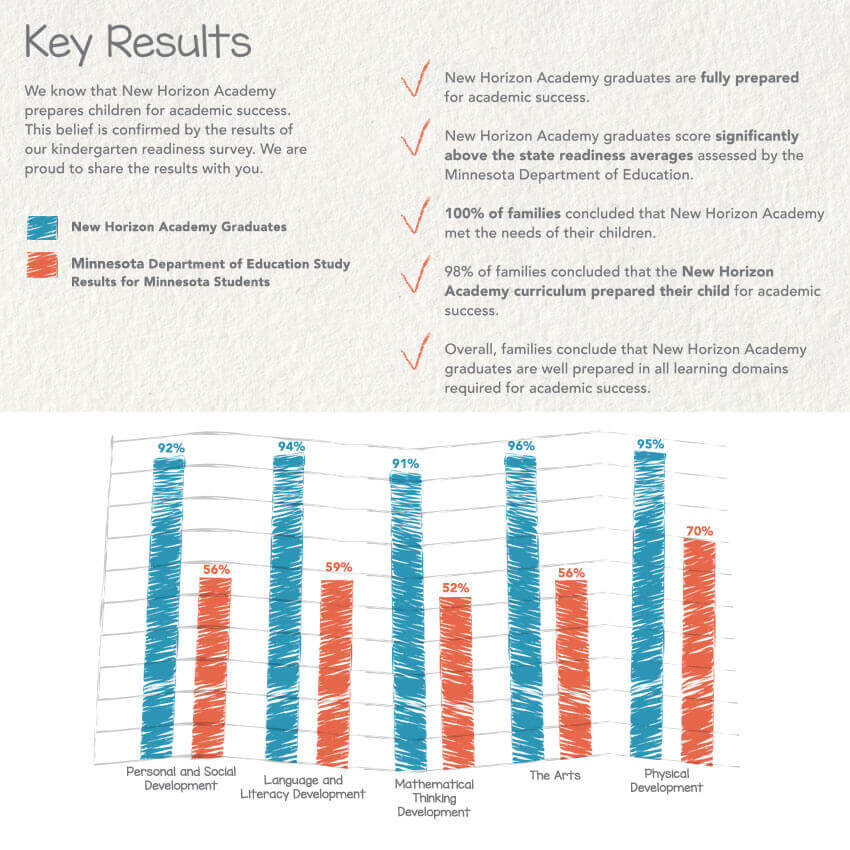America’s moms are struggling. During the pandemic, around one million mothers have left the workforce, with Black mothers, Hispanic mothers and single mothers among the hardest hit.
This came after women hit an important milestone at the beginning of 2020, holding 50.03% of jobs in America. But the pandemic changed that. More than 2.3 million women have left the workforce since February 2020, bringing their labor participation down to a level not seen since 1988, according to the National Women’s Law Center. In December, women had a net loss in the job market while American men had an overall net gain of jobs that month.
Labor force participation among mothers with young children dropped by 11.1 percentage points in Minnesota during September through November 2020 as compared to the same time period in 2019, according to the Federal Reserve Bank of Minneapolis.
Members of Congress addressed some of the struggles women and moms have faced during the pandemic with the American Rescue Plan Act, passed in March. This relief package gave over $40 billion to child care providers across the country, including $550 million to Minnesota. But some child care providers and advocates have worried that a one-time lump sum payment may not be enough to sustain an industry that has been underfunded and under resourced for so long.
That’s why a group of Democratic senators, including Amy Klobuchar and Tina Smith, introduced the Marshall Plan for Moms, making reference to the massive spending by the U.S. to rebuild Western Europe in the wake of World War II. The legislation calls for a similar high level of spending to support mothers in the American workforce past the initial funding provided by the American Rescue Plan Act.
A call for better paid leave policies
The resolution says that “the United States needs a Marshall Plan for Moms in order to revitalize and restore mothers in the workforce,” and it was introduced to the Senate in March 2021. Its companion resolution in the House was introduced by Rep. Grace Meng, D-New York.
This resolution, which has 11 cosponsors in the Senate and 36 in the House, does not have the force of law; however, it could pave the way for stronger legislation if it gains support among House and Senate committees, where it’s being reviewed now.
The Marshall Plan for Moms calls for a paid leave plan that would create a path toward permanent paid leave solutions, which might include a federally mandated amount of leave for people experiencing health or family crises, as many did during the COVID-19 pandemic. The resolution also calls for funding to stabilize the child care industry, which would build upon the relief provided by the American Rescue Plan Act as a more permanent support network for child care providers. It would also expand an unemployment insurance program that includes those experiencing long-term unemployment.
Access to mental health support for mothers also made its way into the resolution, as well as an “improved child tax credit and earned income tax credit to help reduce child poverty.”
The resolution language also states that employers and policymakers in the U.S. need to “prioritize addressing the economic cliff facing mothers,” as well as make their policy suggestions permanent “so that mothers are protected against any future economic calamities.”
Celebrity endorsements
In January, 50 prominent women signed a letter in the New York Times, led by Girls Who Code founder and CEO Reshma Saujani calling on the Biden administration to create a task force that would implement the Marshall Plan for Moms. Other high-profile signatories include actresses Eva Longoria and Charlize Theron, comedian Amy Schumer, and CEO and cofounder of Ellevest Sally Krawcheck.
In February, 50 men followed suit. They signed a letter in the Washington Post calling on Congress to support the Marshall Plan for Moms. The group includes basketball player Stephen Curry, former NFL star Victor Cruz, and New York City mayoral candidate Andrew Yang. Many of the men who signed the letter are fathers, and are pushing for direct payments for mothers, paid parental leave, pay equity, and affordable child care.
“When more than 30 years of progress for women in the workforce can be erased in 9 months, the underlying system is broken,” the letter, displayed as a full-page ad, reads. “It’s time to create a new structure that works for women, that respects and values their labor. Men have a role to play.”
‘Child care should not be a luxury’
In an effort to promote the resolution, Klobuchar made an appearance at New Horizon Academy in Edina on Tuesday to meet with New Horizon leadership and mothers.
“The people in this country have been struggling with child care, so many of them at home, especially moms, balancing their toddlers on their knees and their laptops on their desk, teaching their little kids how to use the mute button for Zoom calls,” Klobuchar said. “And their whole lives have changed. And that’s why I started hearing these stories when I was at home.”
As follow-up legislation to the American Rescue Plan Act, Klobuchar says the Marshall Plan for Moms is part of an effort to provide longer-lasting funds to child care providers and parents after the initial influx of funds.
“We thought this pandemic would be the end of our business,” said Chad Dunkley, CEO of New Horizon Academy. “Last March New Horizon Academy went from serving over 10,000 Minnesota kids a day to just over 2,000 in a matter of weeks. Governor Walz at the very same time pleaded with providers, please stay open.”
Two mothers at the conference also spoke about their experiences during the last year of the pandemic, citing child care as an essential part of their ability to survive and provide for their children.
“In April of last year, I returned to work from maternity leave during a time of great stress in our hospital system,” said Ellen LaFontaine, a mother and clinical social worker at M Health Fairview. “Locally, our rates of infection and death were climbing, and my clinics were given daily reports on supply shortages.”
LaFontaine explained that she owes her success in her medical career to the child care she’s been able to find during the pandemic.
“The Child Tax Credits passed under the American Rescue Plan Act are offering a metaphorical life jacket in a sea of emotional and financial uncertainty,” LaFontaine said. “Child care should not be a luxury.”
Teress James, New Horizon kitchen manager and mother of three children, said her dream had always been to work in child care.
“The tax credit coming as part of this federal package will also help my family in so many ways,” James said. “I will be able to pay off all my bills that I owe, and even pay some in advance. I will also be able to budget and save better. Hardworking moms like myself deserve the supports that will help us continue to contribute in our careers, and have the stability for our own children.”
[Source]

















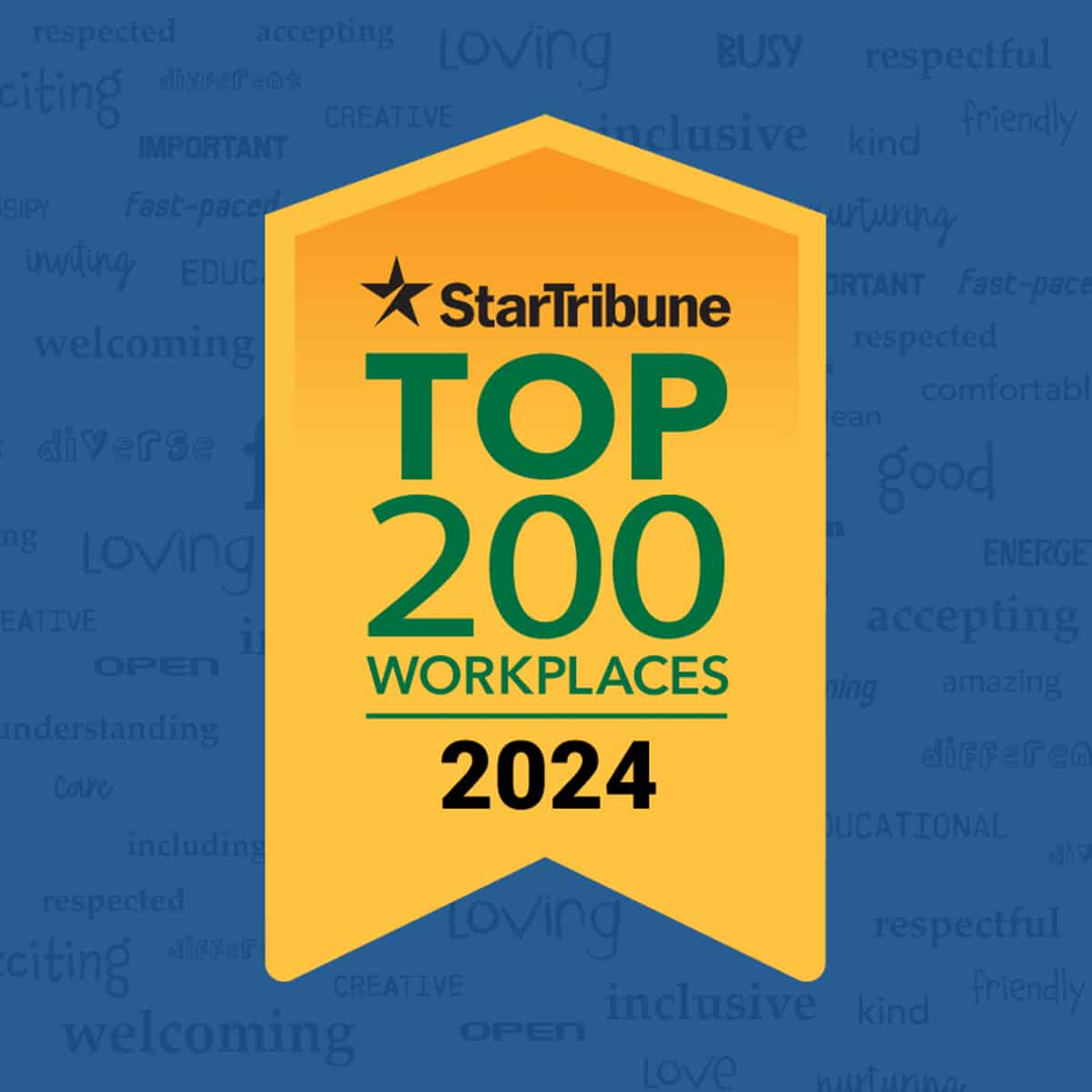
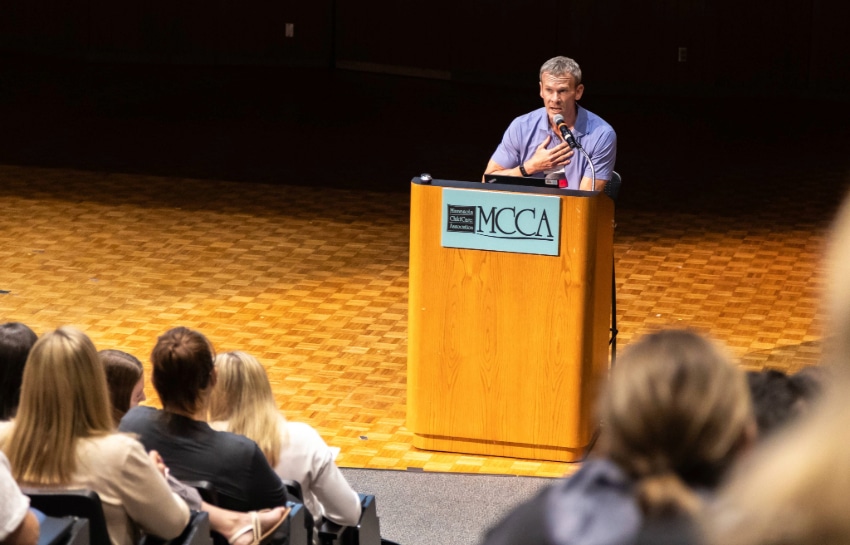




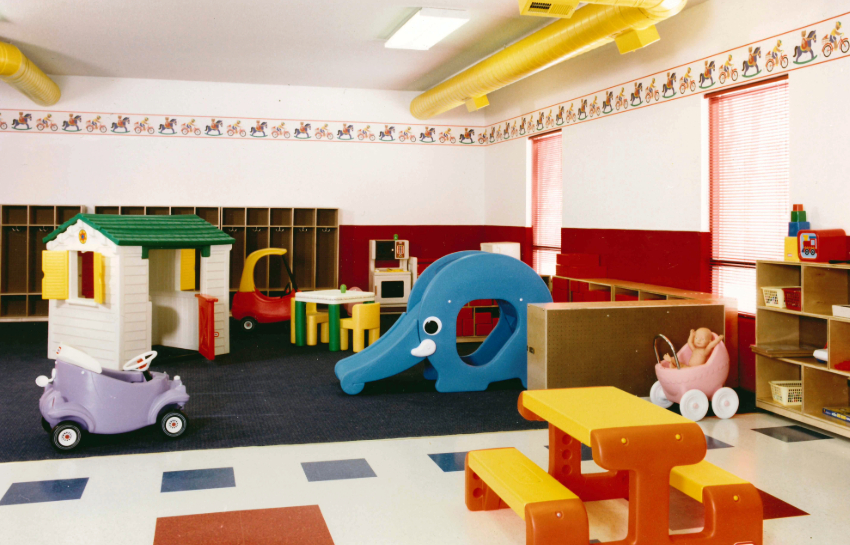
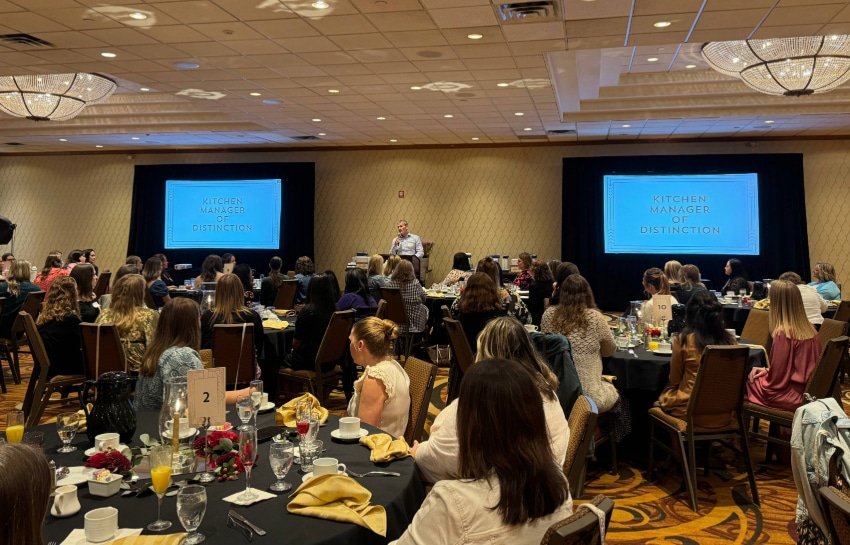

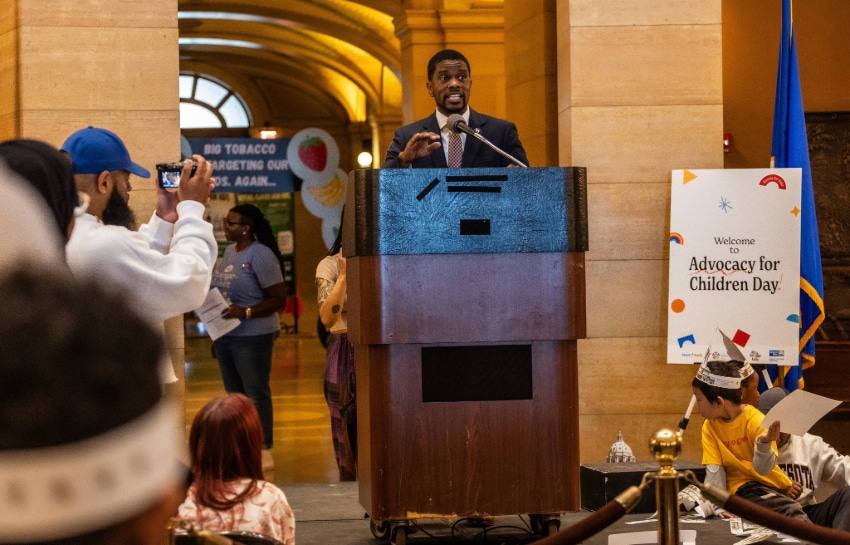









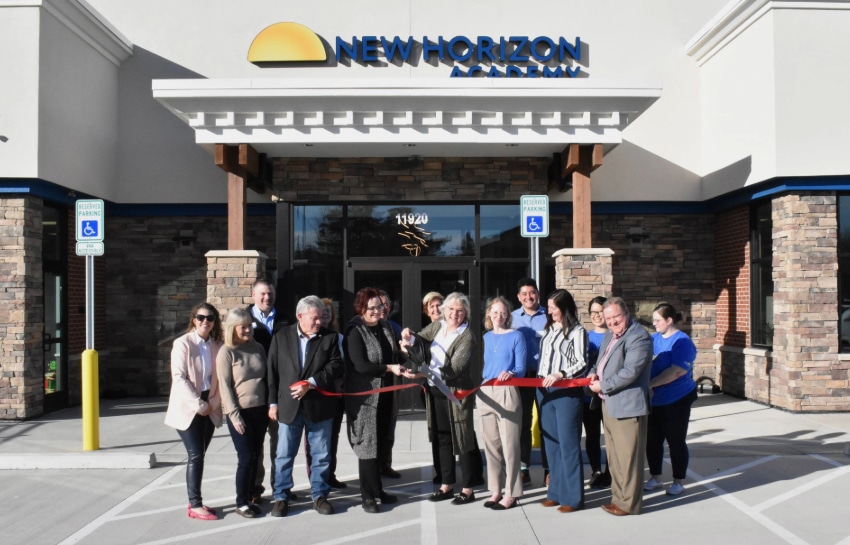
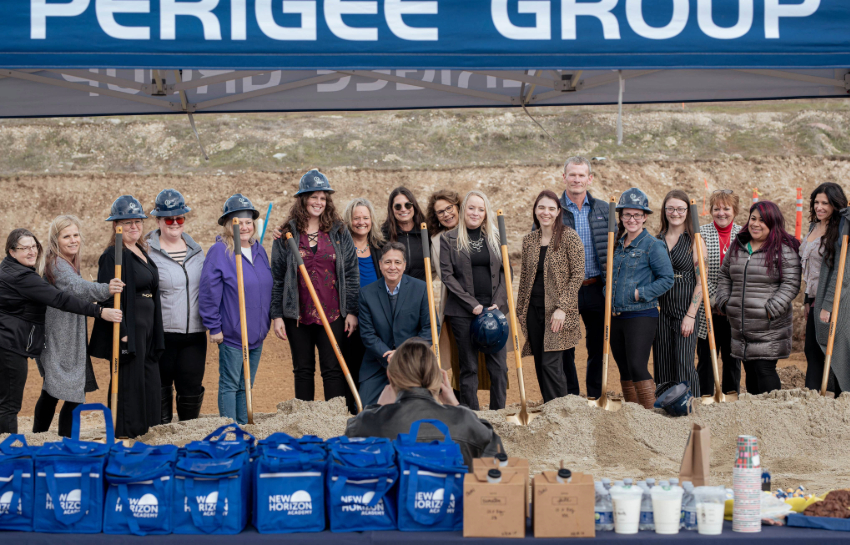

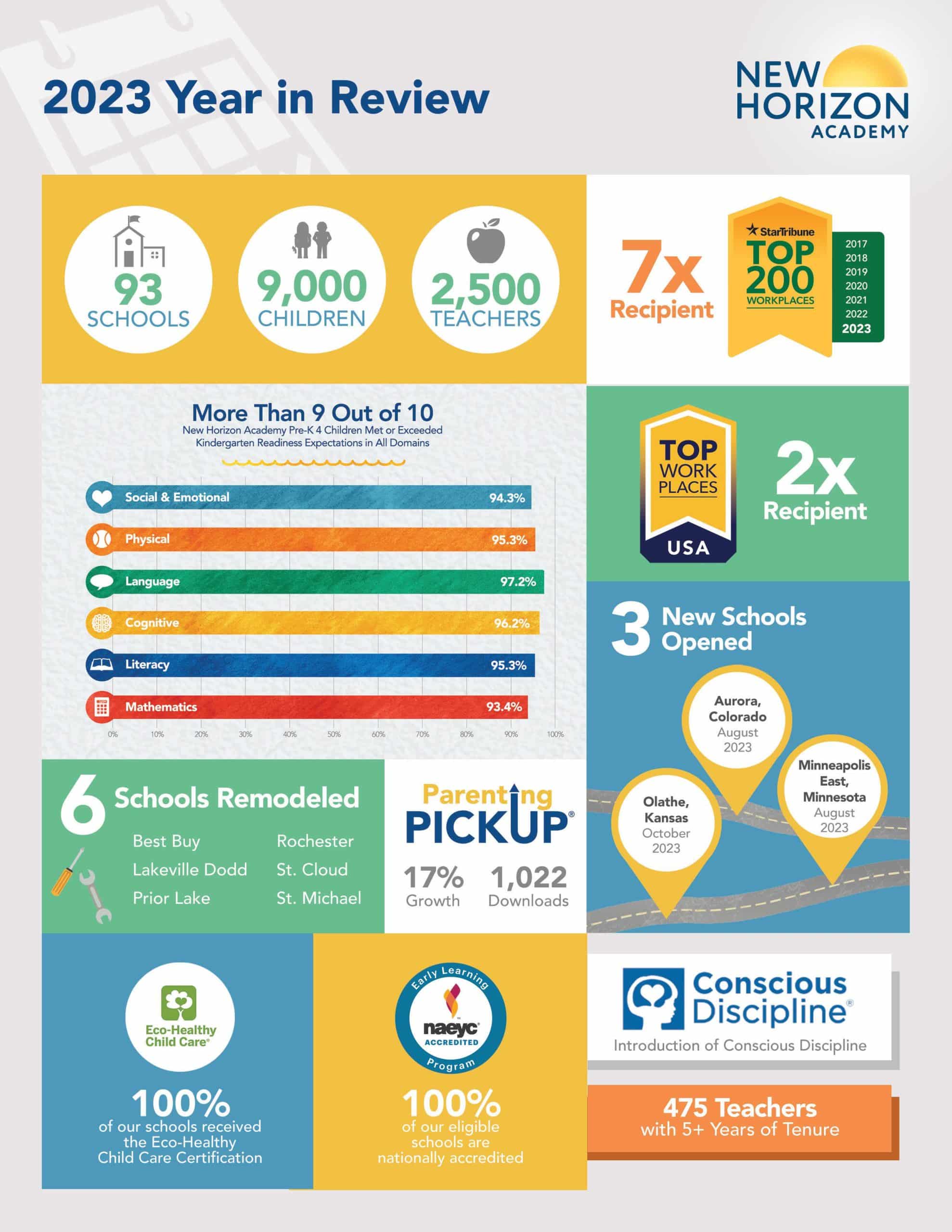







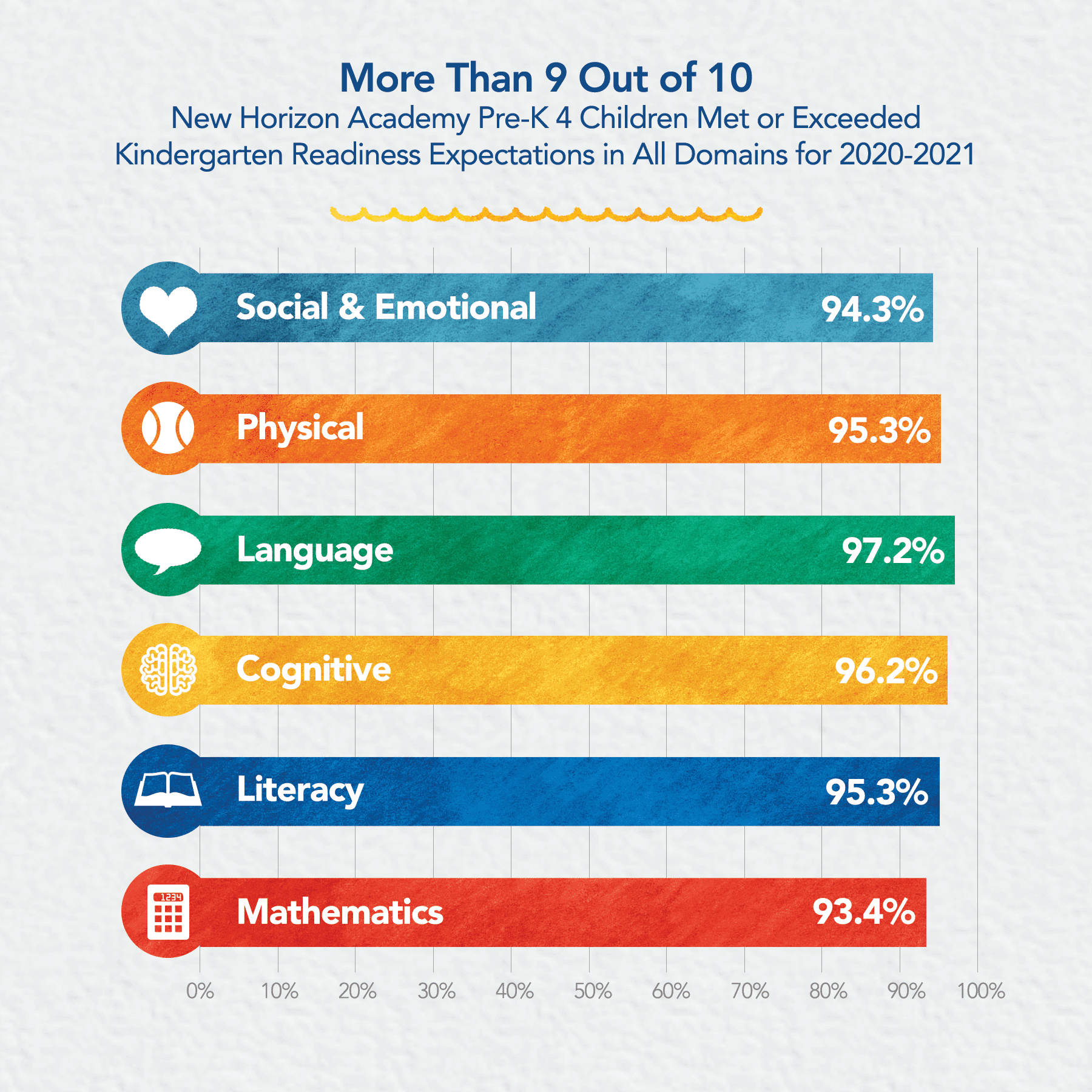







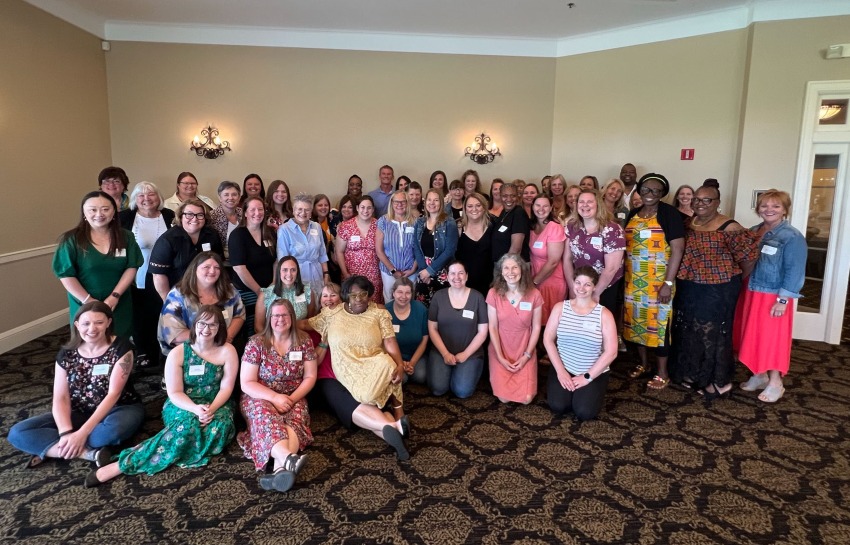






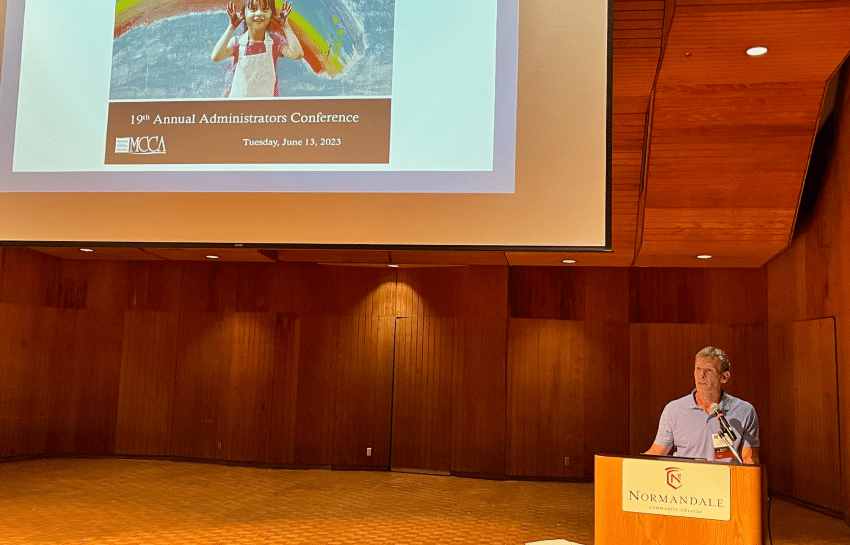






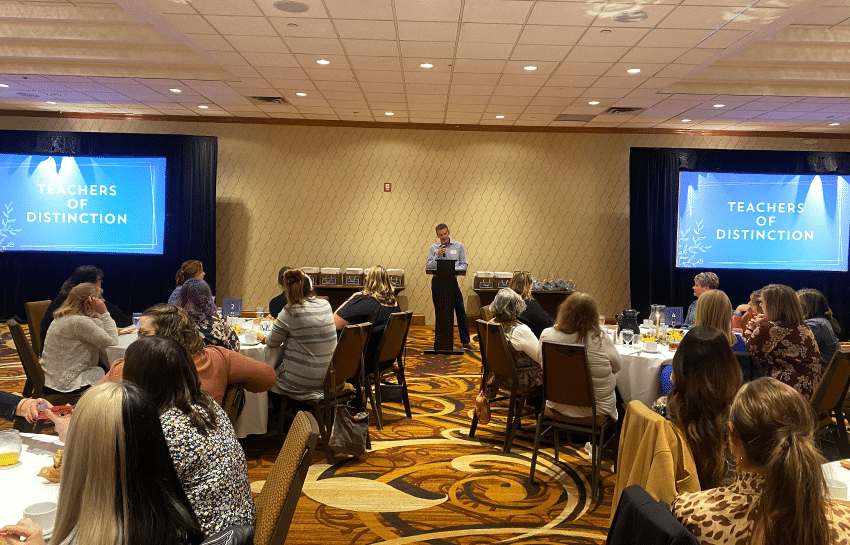

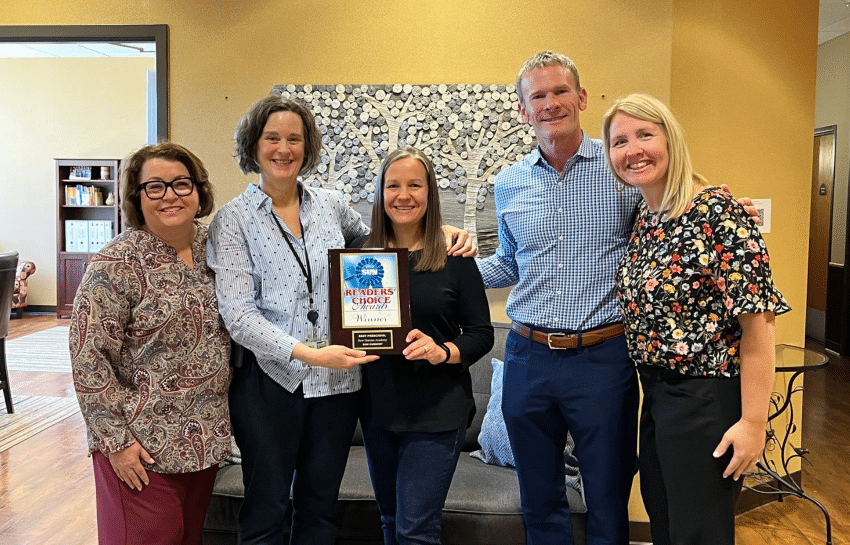
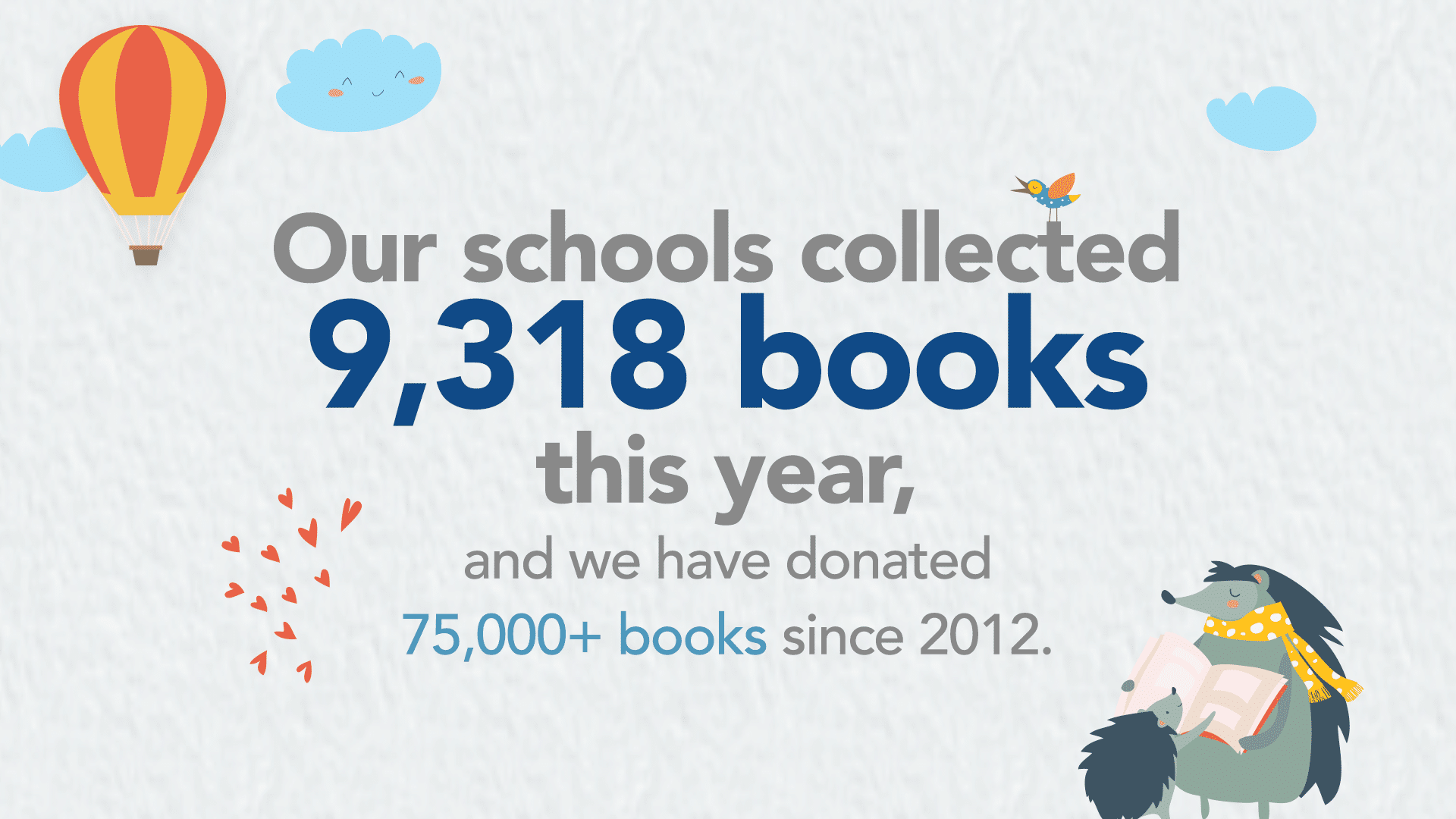
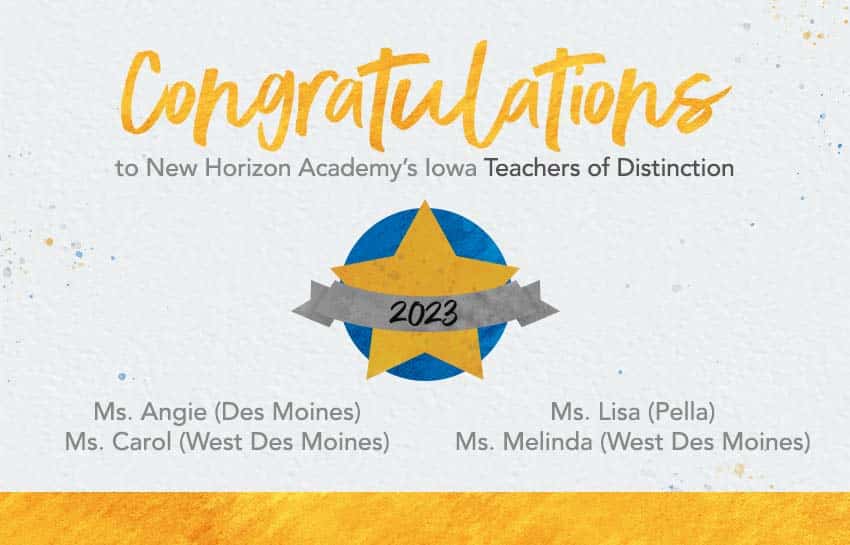



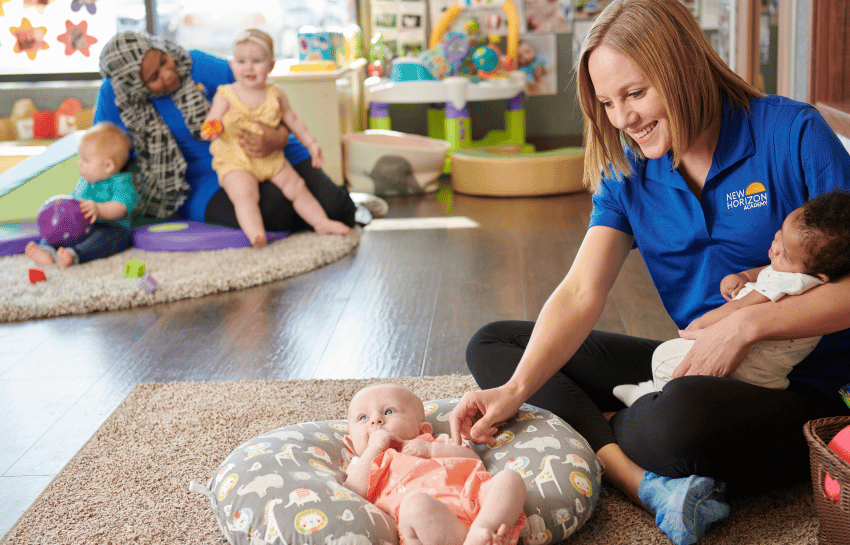
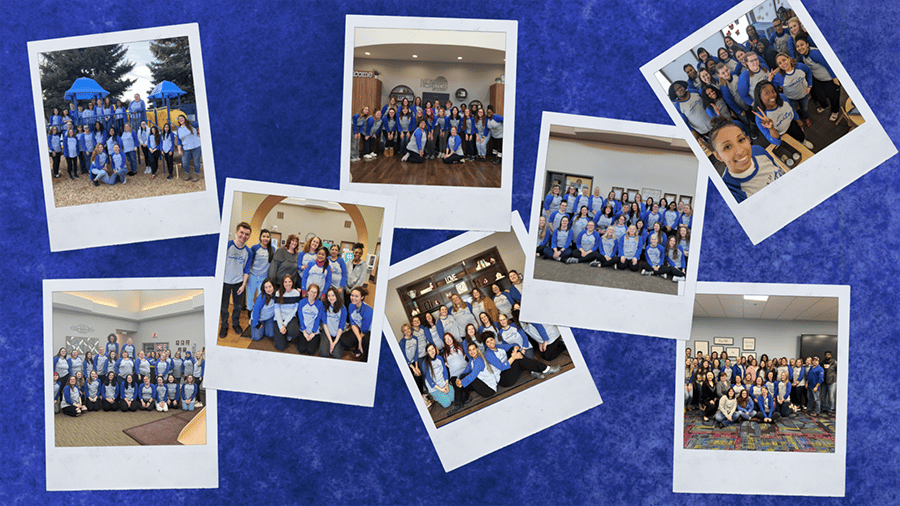


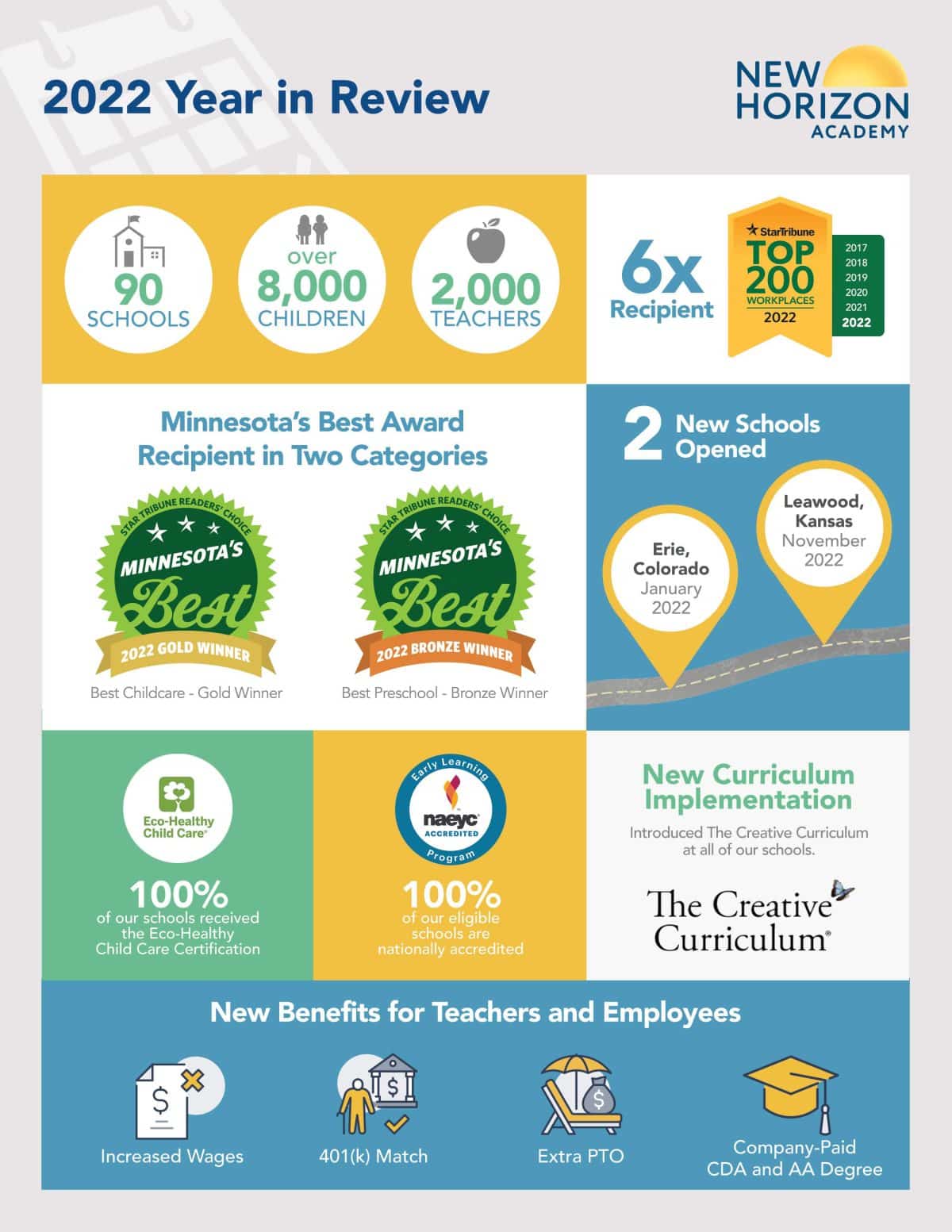



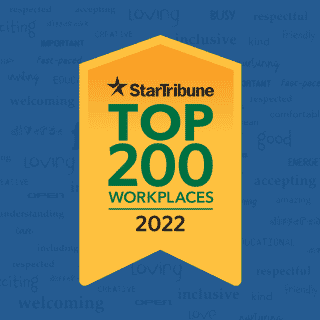








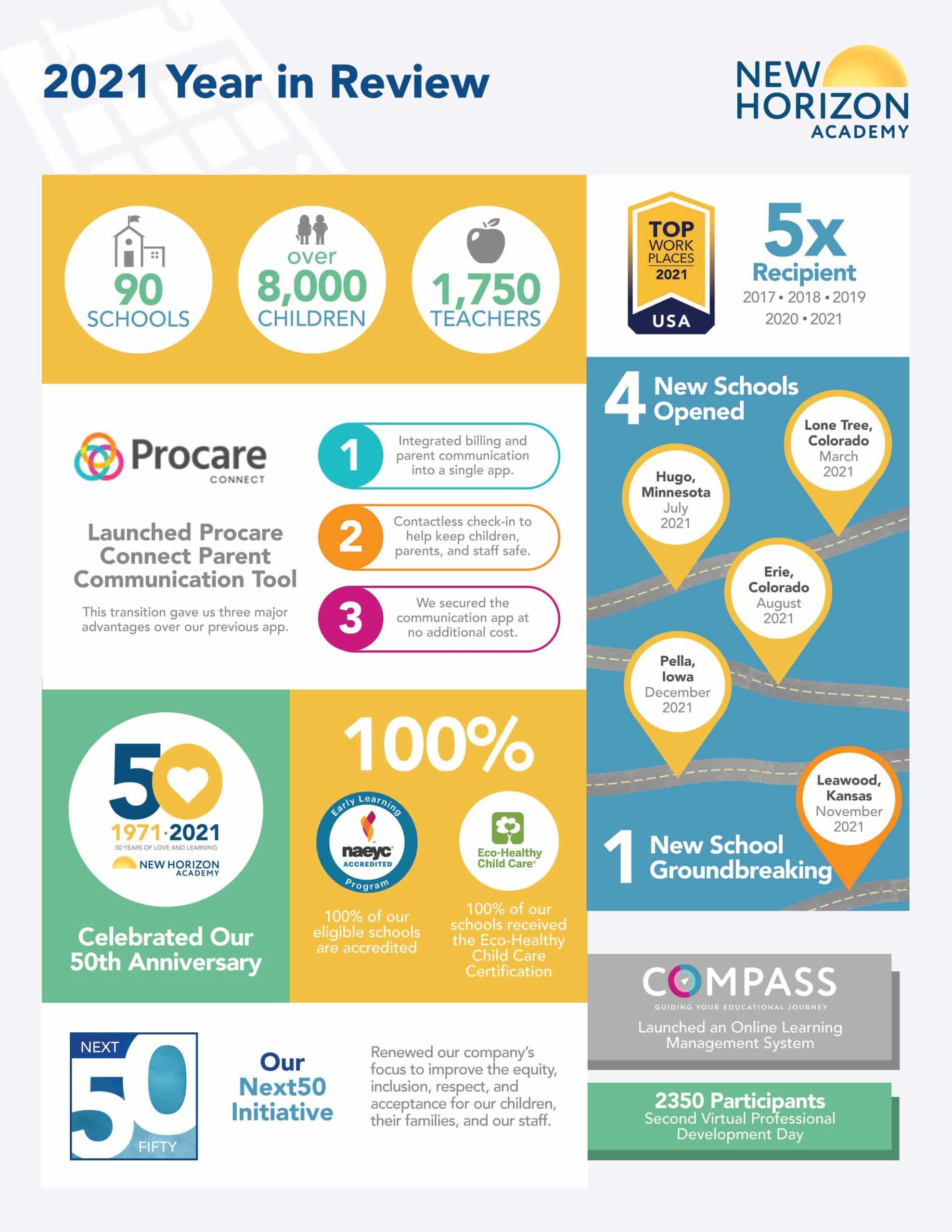



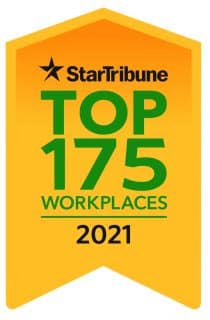





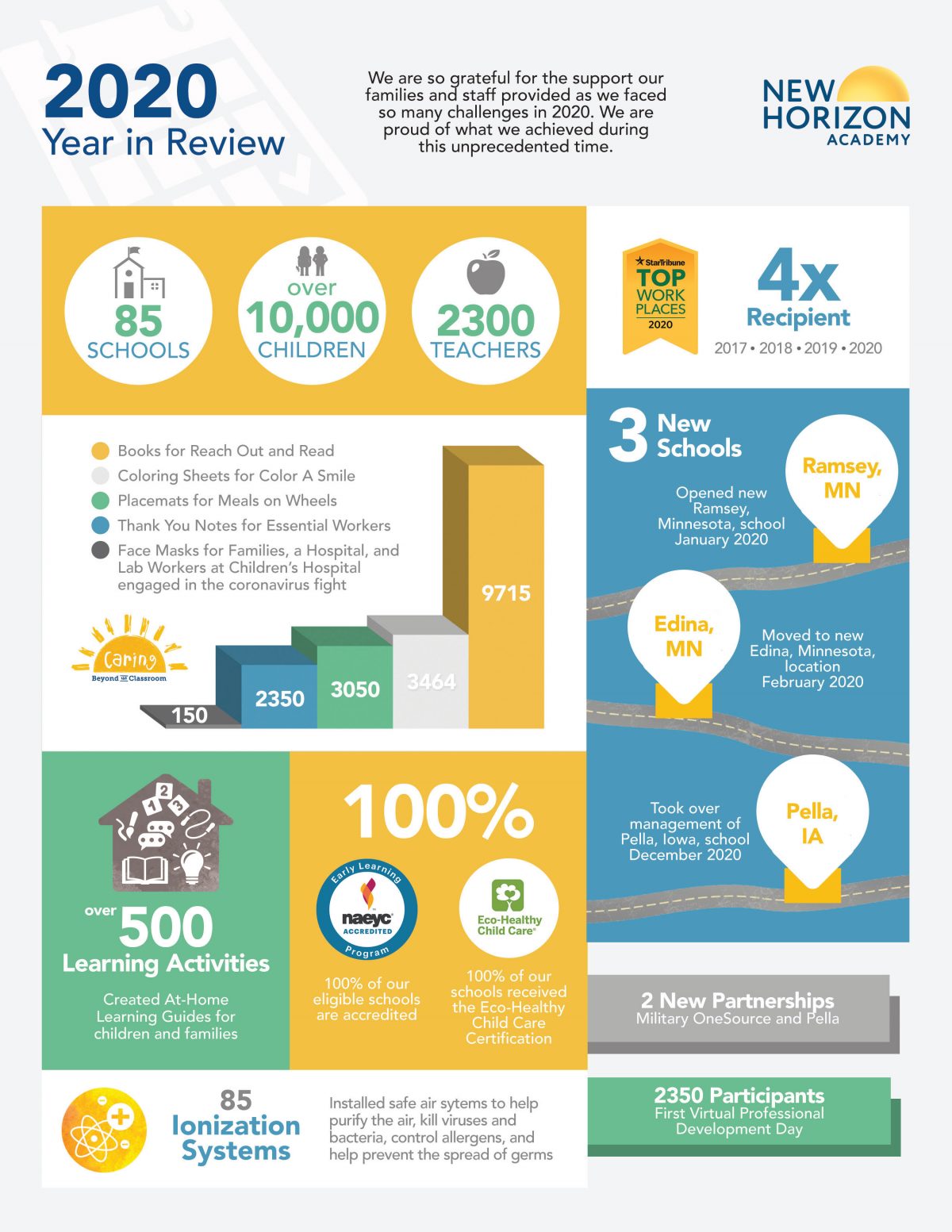




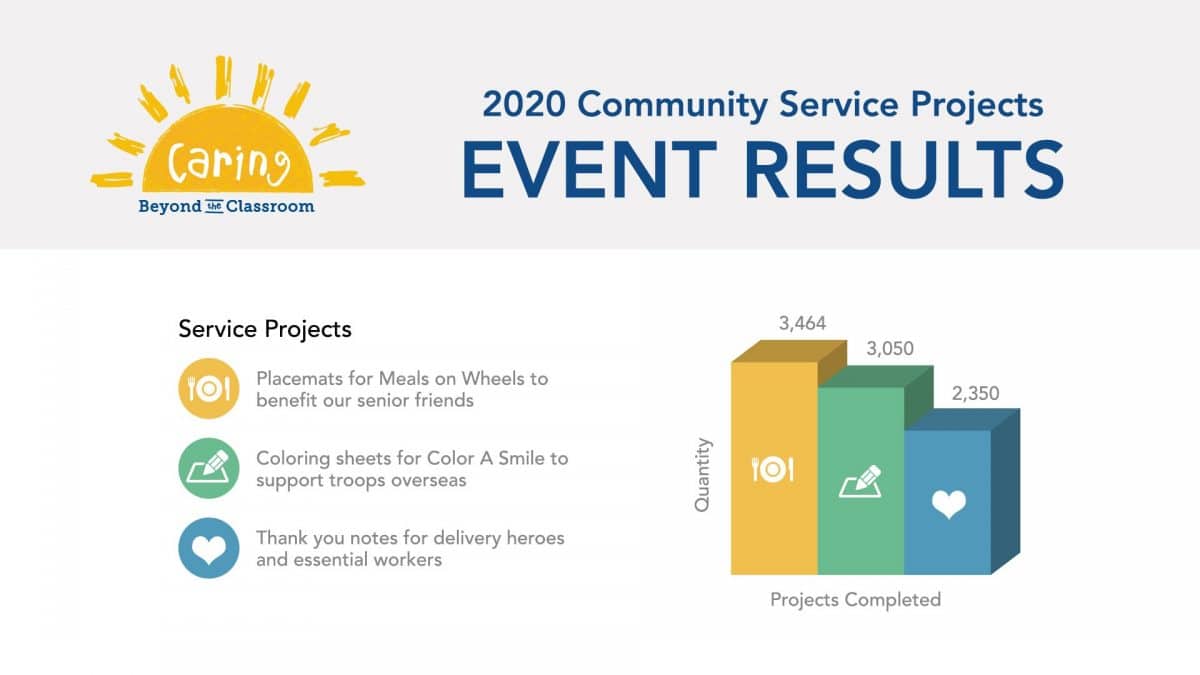

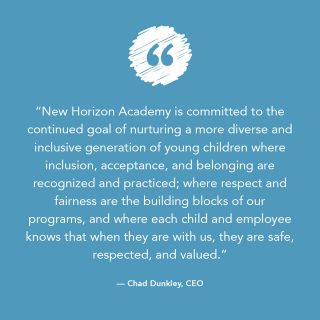





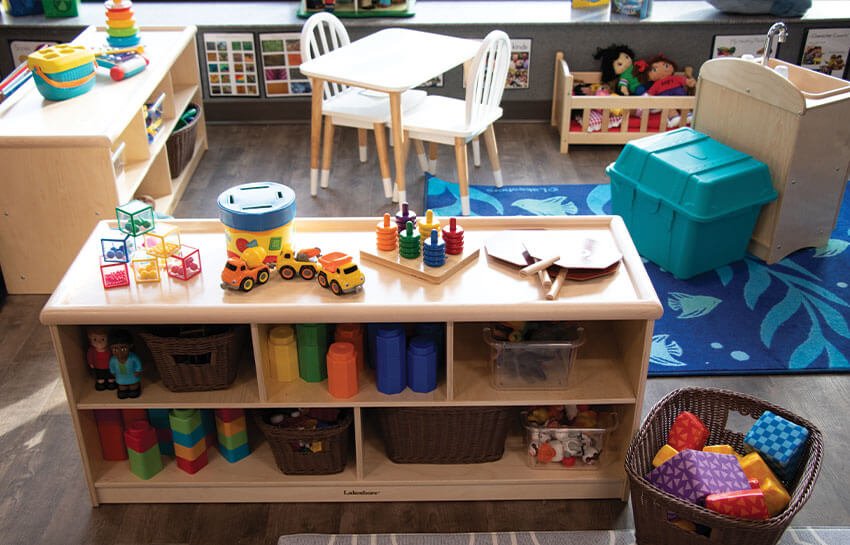









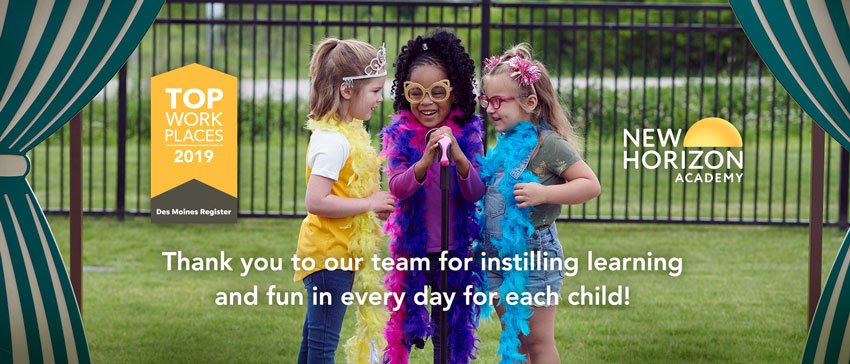



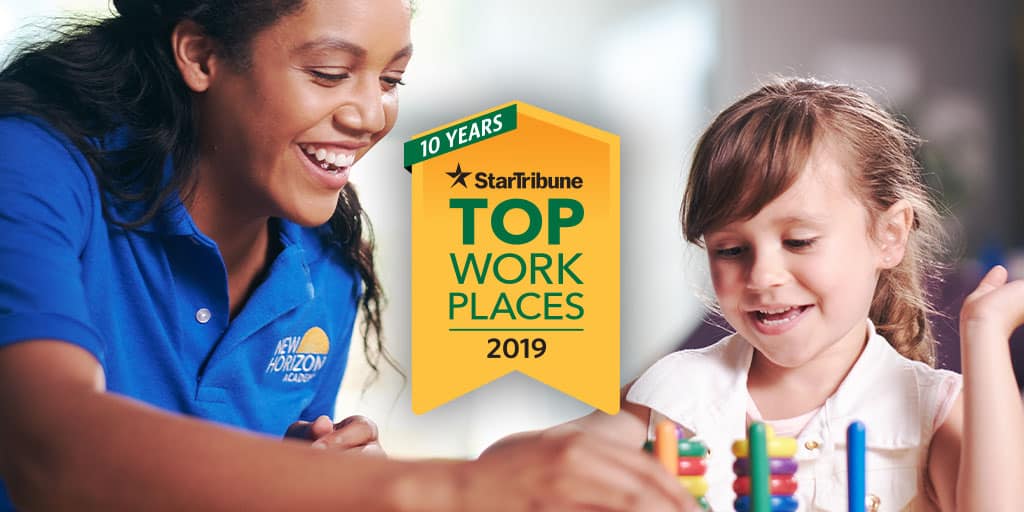
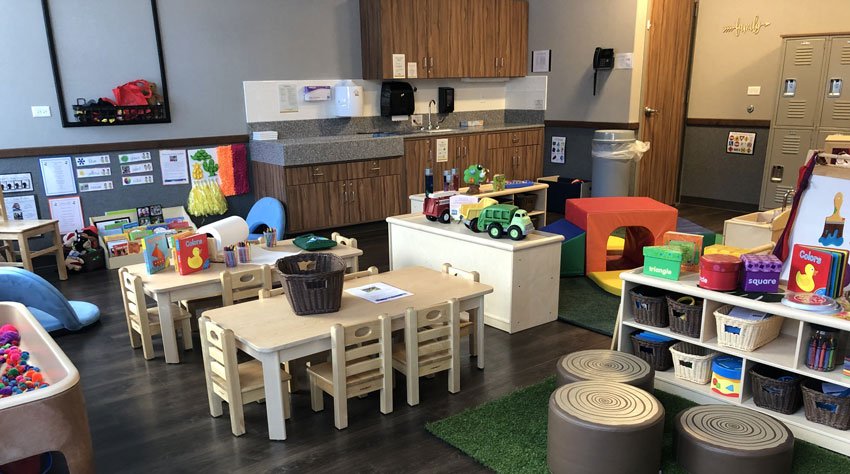










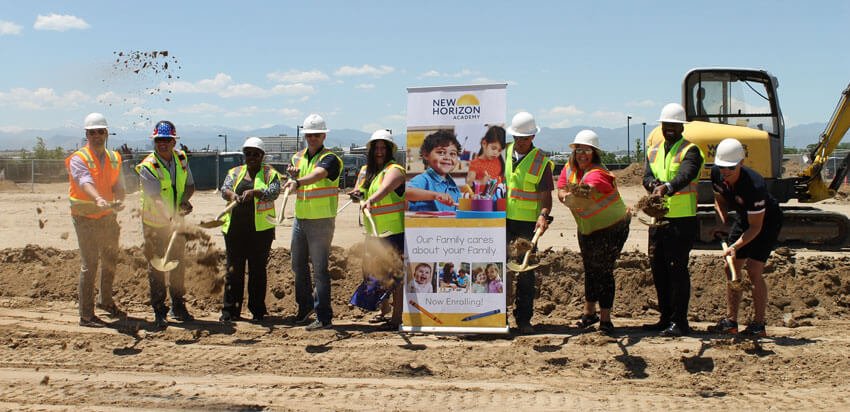

 PLYMOUTH, Minn. – (May 17, 2018) New Horizon Academy Director of Government and Community Relations, Clare Sanford, was honored at the Minneapolis St. Paul Business Journal 2018 Women in Business Awards Luncheon and Expo.
PLYMOUTH, Minn. – (May 17, 2018) New Horizon Academy Director of Government and Community Relations, Clare Sanford, was honored at the Minneapolis St. Paul Business Journal 2018 Women in Business Awards Luncheon and Expo.
 PLYMOUTH, Minn. – In honor of “I Love to Read” month, New Horizon Academy conducted a book drive to collect new or gently used children’s books to benefit the programs of Reach Out and Read.
PLYMOUTH, Minn. – In honor of “I Love to Read” month, New Horizon Academy conducted a book drive to collect new or gently used children’s books to benefit the programs of Reach Out and Read.

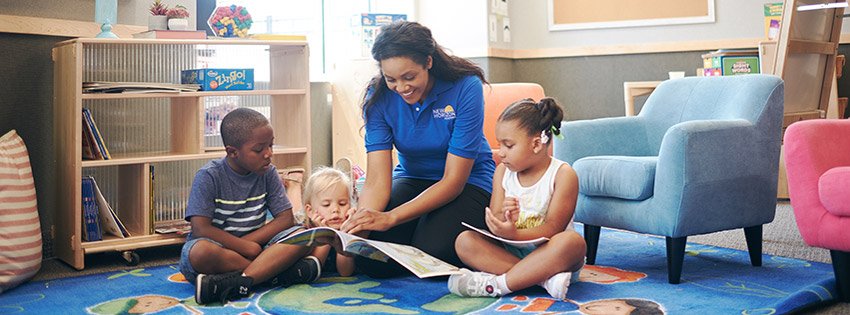



 On Monday, October 9, 2017, New Horizon Academy held their 15th Annual Professional Development Conference. Over 1,600 classroom and management staff attended the conference, which was filled with workshops, recognition and awards for achievement, parent testimonials, and opportunities to collaborate with one another. This year’s theme, Ignite Your Passion, took our teachers on an inspirational journey that reinforced the value of their chosen profession. Workshop topics included curriculum enhancements, child development research, cultural awareness, emotional intelligence, food and nutrition, behavior guidance, and more.
On Monday, October 9, 2017, New Horizon Academy held their 15th Annual Professional Development Conference. Over 1,600 classroom and management staff attended the conference, which was filled with workshops, recognition and awards for achievement, parent testimonials, and opportunities to collaborate with one another. This year’s theme, Ignite Your Passion, took our teachers on an inspirational journey that reinforced the value of their chosen profession. Workshop topics included curriculum enhancements, child development research, cultural awareness, emotional intelligence, food and nutrition, behavior guidance, and more. Chad Dunkley, CEO of New Horizon Academy, defies a classic CEO stereotype – he never puts the bottom line first. For a CEO running a company dedicated to increasing early-education opportunities for kids, that’s an invaluable mentality.
Chad Dunkley, CEO of New Horizon Academy, defies a classic CEO stereotype – he never puts the bottom line first. For a CEO running a company dedicated to increasing early-education opportunities for kids, that’s an invaluable mentality.



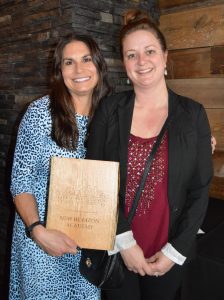

 We are so proud of our very own Chad Dunkley, Chief Executive Officer of New Horizon Academy, who was chosen as one of the ten 2017 Most Admired CEOs! This award was given by the Minneapolis/St. Paul Business Journal, and honorees are selected because of their outstanding contributions to their company, industry and community.
We are so proud of our very own Chad Dunkley, Chief Executive Officer of New Horizon Academy, who was chosen as one of the ten 2017 Most Admired CEOs! This award was given by the Minneapolis/St. Paul Business Journal, and honorees are selected because of their outstanding contributions to their company, industry and community.




